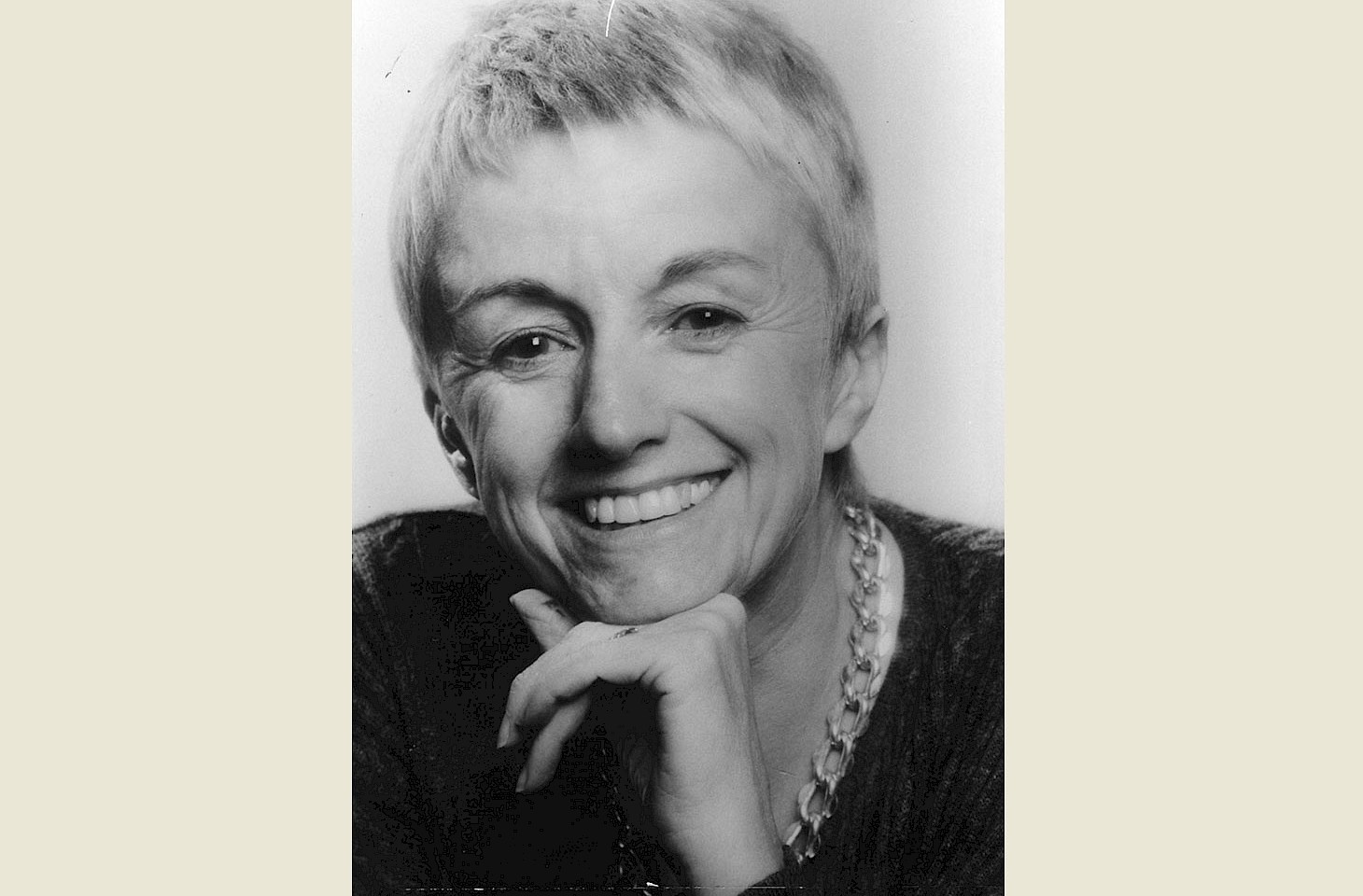The Luther 500 celebration across Germany spanned the spring and summer of 2017 culminating in a special nationwide public holiday on 31 October 2017. Looking back at the programme, it seems remarkably secular in tone. Luther’s contribution to German cultural life greatly transcended religious matters. Through his translation of the Bible, Luther effectively gave Germany a national language, one which struck compromises with multiple dialects across the country. Hochdeutsch, as we know it today, is a product of Luther. It is the language used in good newspapers and in quality radio broadcasting.
hidden europe 70
There in spirit
by hidden europe
Summary
Isn’t intelligent voice radio something special? We recall a moment when it really seemed that Martin Luther might open the door and ask if he might drop in for a cuppa.
We have this weekend heard the sad news of the death of Doreen Massey, the distinguished geographer whose ideas powerfully influenced our work at hidden europe. Her ability to challenge everything is a model for all socially committed writers, editors and publishers.
The European winter that is now — all too belatedly — being eclipsed by spring has seemed painfully long. Yet curiously, it has not been exceptionally cold. Across much of Europe, March was chilly by the standards of the average March, but it broke very few records for absolute minima. And a biting north-east wind made some areas feel much colder than the thermometer suggested.
Literary ghosts haunt the pages of mid and late 19th-century fiction - from Henry James The Turn of the Screw to Charles Dickens' The Haunted House. One of the spookiest tales of all is Dickens' The Signalman, a fine short story which may have been influenced by the train crash in which Dickens was involved in summer 1865.


